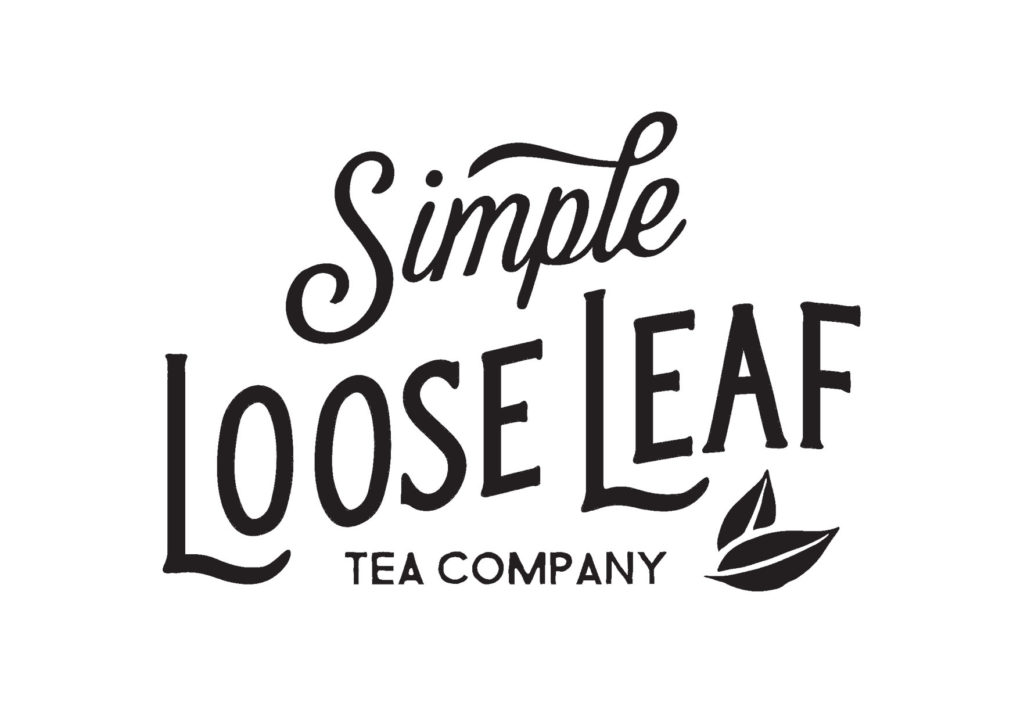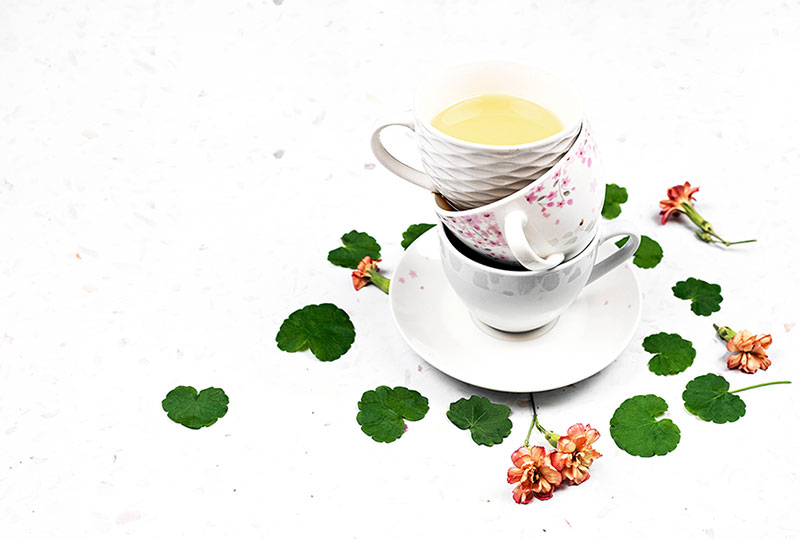Best Relaxing and Calming Teas
After a long day, every cup of tea might be relaxing, but some could provide more benefits than the others. Although stress is a modern illness, many herbal teas have been used for decades for their calming and stress relief properties.
Why does tea relax you from stress?
Tea may help you relax in many ways. Firstly, whichever cup of calm tea you drink, you will have time to relax, sit down and enjoy the moment. Occasional tea breaks during the day are a wonderful way to take a moment for yourself.
Next, taking a moment to truly enjoy your tea gives you an opportunity to be present in the moment and focus on your thoughts. This is called mindfulness and may bring a positive effect on your life. And lastly, many teas contain chemical compounds that are scientifically proven to promote calmness and even offer a sedative effect. For example, L-theanine, GABA, valerenic acid, may all have a different impact on relaxation and improve the quality of life.
Teas with adaptogenic properties may help reduce all types of stress too. Some of the most popular ones are ashwagandha, holy basil, Siberian ginseng, gotu kola and Korean ginseng.
What are the best teas for relaxing?
There are many teas that may help relieve stress and help you relax. If you are not new to tea drinking, you may have heard of sleepy times teas. They are usually blended with ingredients that may help you relax and promote better sleep. But not all relaxing teas will actually make you fall asleep. Many of them may help you relax, without causing drowsiness and give you an energy boost instead. The best example? Green tea.
Green tea
Need to boost an energy rathe than fall asleep while enjoying a relaxed cup? Green tea is a great choice. Drinking green tea regularly may give you a better sleep, help you relax, but also boost your energy. Green tea has a unique chemical composition–an energy boosting caffeine, immunity boosting EGCG and calming amino acid L-theanine. Studies showed that L-theanine may help reduce stress and promote mental health[1]. Green tea is made from Camellia sinensis tea plant. The same plant is used for making all real types of tea – white, green, yellow, oolong, black and dark. However, green tea may contain the highest levels of L-theanine and EGCG. Use one teaspoon per cup of water and brew for 2-3 minutes at 167°F.
Here are our suggestions:
Chamomile tea
Pretty little yellow chamomile flowers are popular around the world. Not only do they taste delicious, they brew into one of the most soothing and calming teas you could ask for. Chamomile has proven sedative and muscle soothing properties[2] and may help with sleeping problems and depression[3]. Use one heaped teaspoon of dried flowers per cup of water and steep in boiling water for 5 to 10 minutes.
Here are our suggestions:
Rose petals tea
Beautiful rose petals and buds may not only be great for relieving stress because of its divine scent. Studies showed that this tea has an analgesic effect that may help relieve the pain, and hypnotic effect that may help you fall asleep easier[4]. Use 1 teaspoon of dried rose petals per cup of water and steep for 3-5 minutes in hot water. Drink tea while hot.
Here are our suggestions:
Valerian root tea
Valerian root tea is the most commonly used tea for treating insomnia, regulating stress levels, and anxiety. A chemical compound in valerian root called valerenic acid may contribute to better sleep and protect against physical and psychological stress[5]. A study showed that valerian root can “significantly decrease systolic blood pressure, heart rate reaction, and self-reported stress.[6]” Valerian root is probably best taken before sleep or in the late evening. Steep 2-3 grams of dried root in boiling water for 10-15 minutes[7].
Lemon balm tea
Lemon balm or melissa belongs to a mint botanical family and has a unique, minty, sweet and a bit lemony scent and flavor. Studies showed that Melissa may help significantly reduce both anxiety symptoms and depression[8]. You can make Melissa tea from dried or fresh leaves, and you can even grow them at home. Use about 1 teaspoon of dried tea leaves and steep for 10 minutes in boiling water.
Tulsi tea
Tulsi or holy basil is an adaptogenic herb with a basil-like scent and flavor. Unlike the regular culinary basil, the most common use of tulsi is in traditional medicine. It’s one of the most important Indian herbs in Ayurveda. Tulsi may help with psychological and immunological stress, promote relaxation and may even provide the same effect and antidepressants[9]. Tulsi is available in dry leaf and powdered form. You can use both for making a cup of tea. Use about ½ to 1 teaspoon of tea leaves per cup of water. Steep covered in boiling water for 5 minutes.
Here are our suggestions:
Peppermint tea
Peppermint or mentha piperita is a truly unique herb. It has an amazing fresh scent and flavor, may help with all sorts of problems, it’s safe to drink and brews into a truly relaxing cup. Peppermint tea may help improve mood and provide relaxing effect[10].
Here are our suggestions:
Disclaimer: This article is for informational purposes only. It’s not intended to replace medical advice, diagnosis or treatment. Every person is different and may react to different herbs and teas differently. Never use teas or herbs to treat serious medical conditions on your own. Always seek professional medical advice before choosing home remedies.
References:
[1] https://www.ncbi.nlm.nih.gov/pmc/articles/PMC6836118/
[2] https://www.japsonline.com/admin/php/uploads/288_pdf.pdf
[3] https://www.ncbi.nlm.nih.gov/pmc/articles/PMC5074766/
[4] https://www.ncbi.nlm.nih.gov/pmc/articles/PMC3586833/
[5] https://www.ncbi.nlm.nih.gov/pmc/articles/PMC4685497/
[6] https://www.ncbi.nlm.nih.gov/pubmed/26366471
[7] https://www.sciencedirect.com/science/article/pii/B9780323358682000098
[8] https://neoscriber.org/cdn/dl/814351d4-7cd2-11e7-a12a-73a273e408f9













